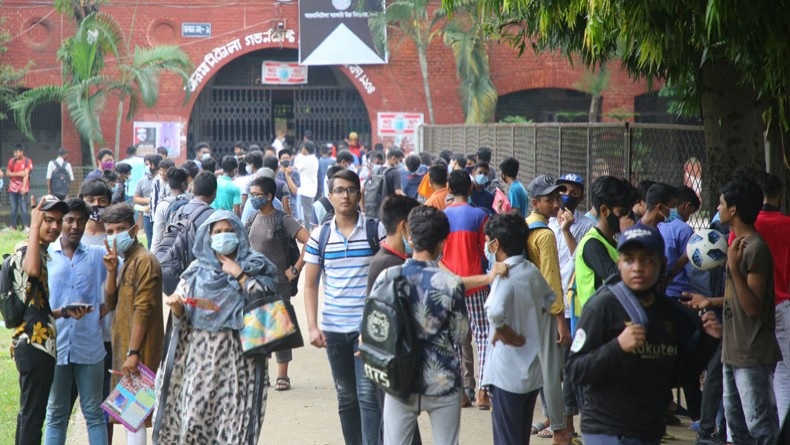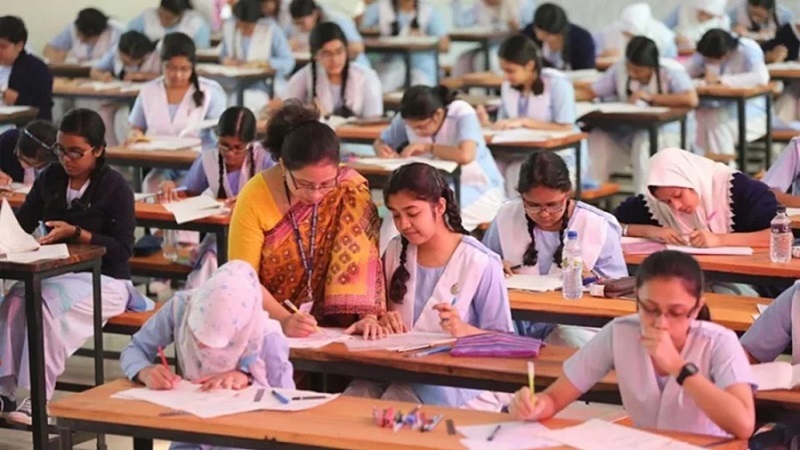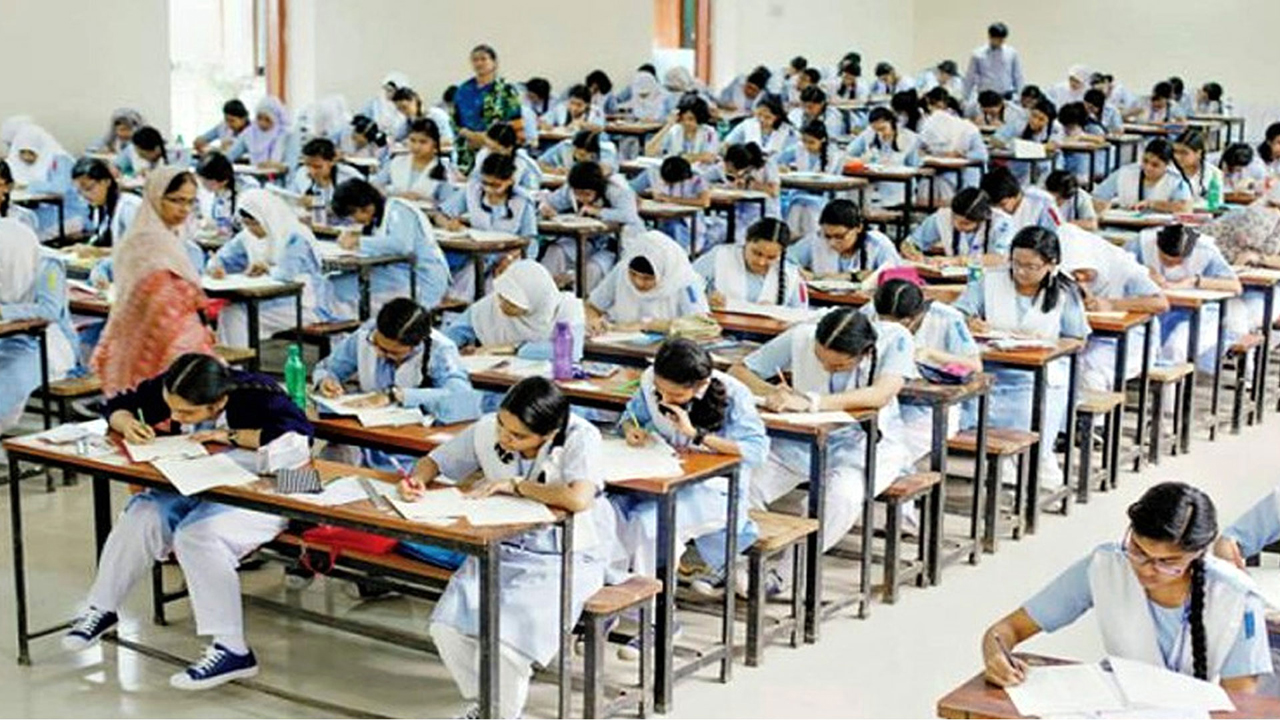The Transparency International Bangladesh in a study has found that secondary-level education activities, including recruitment of teachers and inclusion in the monthly pay order, are plagued with widespread corruptions and irregularities.
The study has also found involvement of local political leaders, governing bodies, management committees and head teachers of schools, officials of the Directorate of Inspection and Audit, education boards, the education ministry and the Directorate of Secondary and Higher Education and brokers in the corruptions and irregularities.
Between Tk 5,000 and Tk 15 lakh is realised as bribe for various administrative activities, including appointment of teachers, according to the study, data for which were collected from 54 educational institutions at 18 upazilas in two phases in 2019 and 2021.
Researcher Taslima Akther presented the report on findings of the research titled ‘Implementation of secondary education activities: good governance challenge and way out’ at a virtual meeting on Wednesday.
According to the report, one needs to give Tk 3.5-15 lakh as bribe to be appointed as assistant headmaster or headmaster, Tk 50,000-Tk 2 lakh as assistant teacher and Tk 2-3 lakh as assistant librarian.
For inclusion in the monthly pay order, one needs to pay Tk 5,000 - Tk 1 lakh
Schools need to pay Tk 50,000 –Tk 5 lakh each to audit directorate officials during their visit for audit and inspection to the schools.
Directorate of Secondary and Higher Education officials and brokers take Tk 1 lakh – Tk 2 lakh from each teacher for transfer.
‘We collected the field level data for the research between May and October in 2019 and then worked till September 15, 2021 for collecting information from secondary sources, analysis and preparing report,’
Taslima said that they received primary information through interviewing 325 people, including teachers and other employees, managing committee and governing body members and education officials and also collected information from secondary sources for the study.
The study also found allegations of irregularities and corruptions in infrastructure development as many establishments were built on political consideration without justifying their necessity and in some cases, quality of infrastructure development works was not maintained.
The study found lack of accountability in different administrative works of education officials.
It found that upazila secondary education officers who are scheduled to visit 15 educational institutions a month visited 2-7 institutions a month.
Directorate of Secondary and Higher Education officials in the central and the field level did not attend office in time and regularly.
The study also said that a lack of facilities for teachers and employees and the absence of law in implementing activities of secondary education activities, institutional limitations, a lack of transparency and accountability were the challenges in good governance in the education sector.
TIB executive director Iftekharuzzaman and outreach and communication department director Manjur-E-Alam Sheikh spoke at the virtual programme.
Directorate of Secondary and Higher Education director general Professor Syed Md Golam Faruk told New Age on Wednesday that he had already been informed about the TIB study.
‘The TIB has made sweeping comments. If the TIB submits specific allegations against anyone, we will take actions against them,’ he added.
Educator Professor Syed Manzoorul Islam told New Age, ‘I request the government to form a high power committee so that it can investigate education sector irregularities, especially the process of appointing teachers.’
He said that the government should not take the TIB as an opponent and should focus on its report and discuss with the TIB how to resolve the problem.
Irregularities and corruptions in the country’s education sector, especially teacher appointment, began in 1980.
Since then, no government could stop these till today, he added.
‘If a teacher is appointed through giving bribe, he or she will engage in corruption and crime as well. It will also create an adverse impact on students and our society also,’ he explained.
Distinguished Professor Mohammad Kaykobad of BRAC University’s computer science and engineering department said, ‘We have heard about allegations of corruptions against the education ministry. I think that any headmaster or principal should not be incompetent.’
‘If an incompetent person gets appointment as the head of an educational institution, he or she will try to manage the higher authorities concerned for securing his or her position,’ he added.














